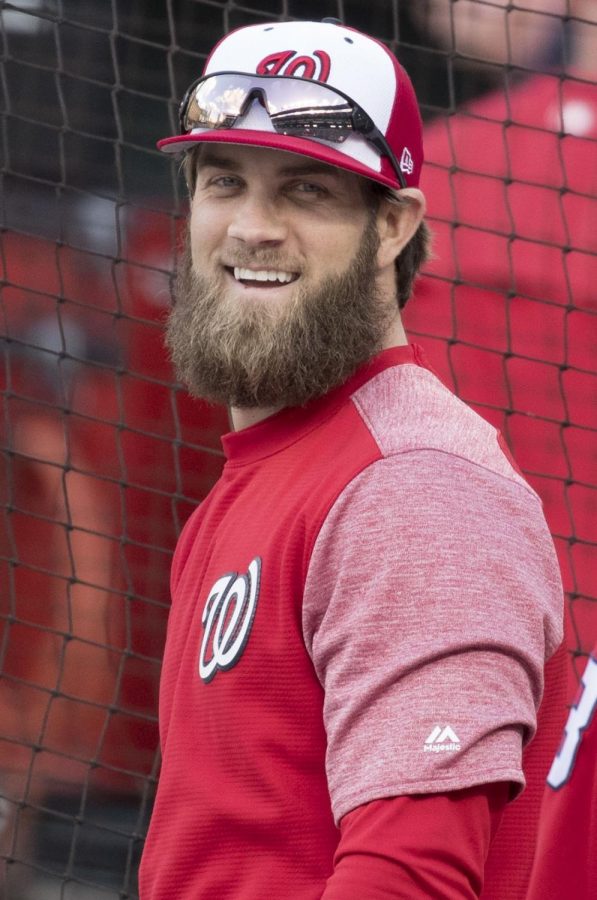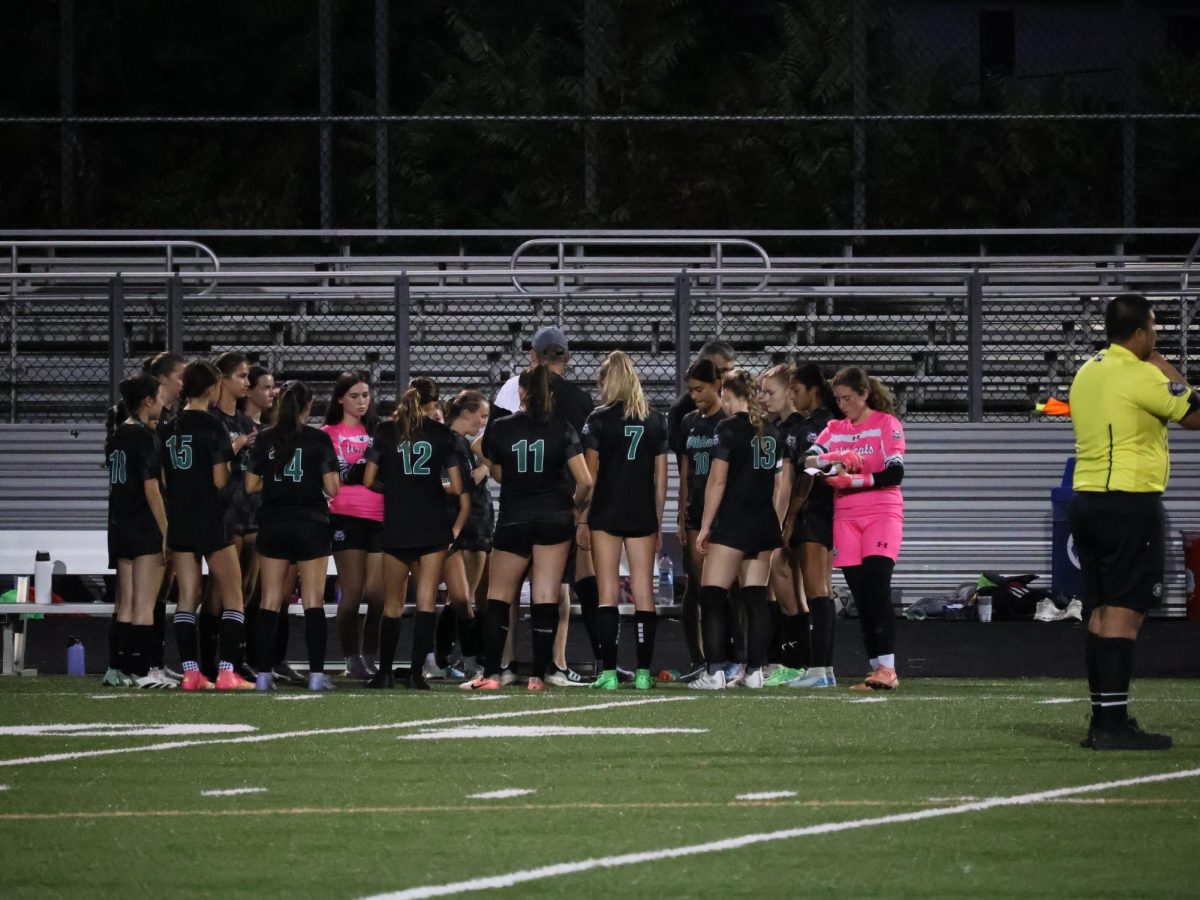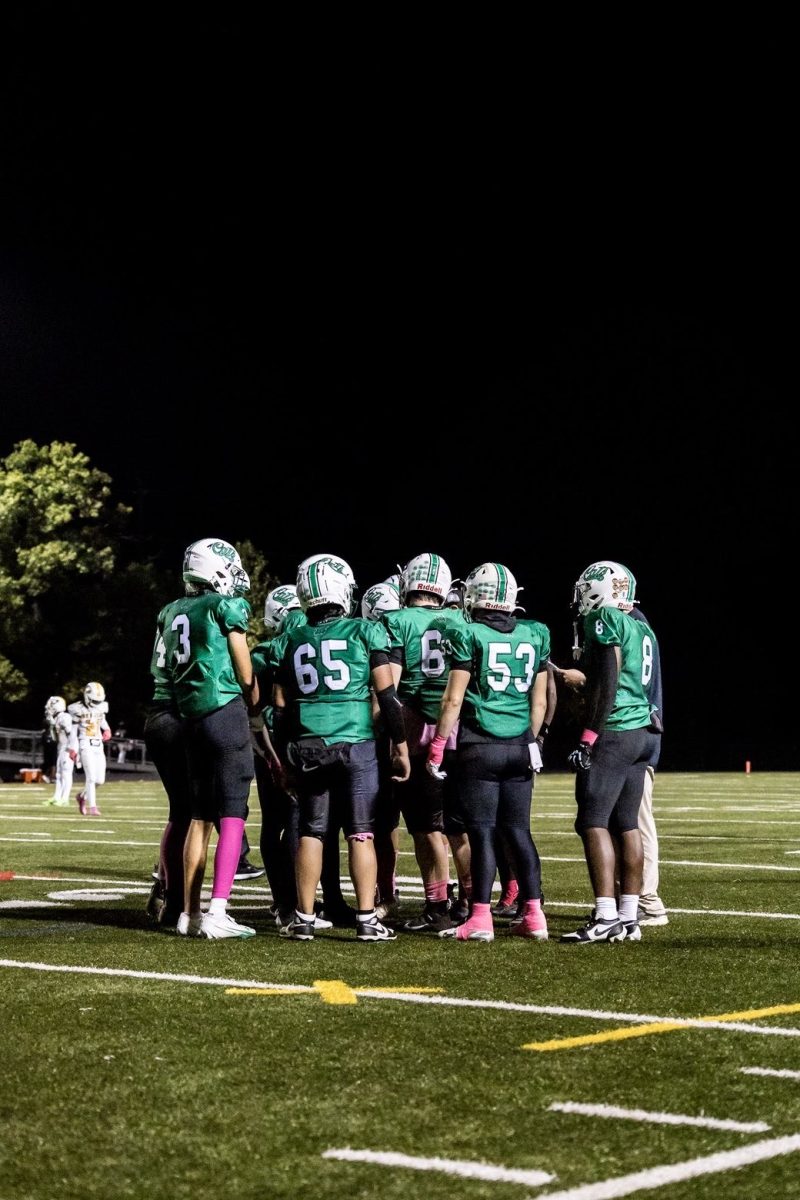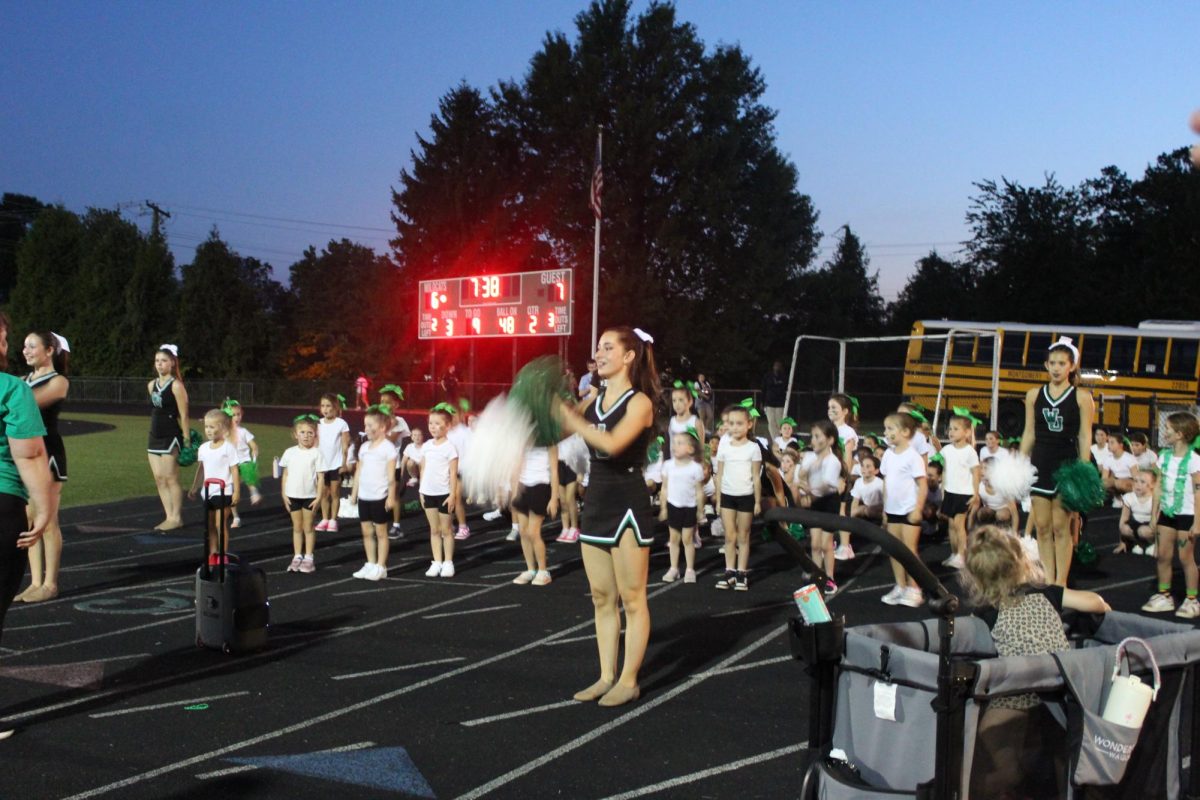As the 30 teams of Major League Baseball wrapped up the 2020 regular season, they shut the book on one of the most irregular seasons in the history of the sport. With 63% fewer games than would normally be played, each of the 60 games have had the approximate weight of sweeping or getting swept in a three game series. It truly has been a sprint, not a marathon, exemplified by breakout teams like the San Diego Padres and Miami Marlins, who clinched their first playoff berths in 14 and 17 years, respectively, and advanced on to the Division Series as well.
Earlier in the year, the decision was made to drop the traditional 10-team playoff format in use since 2012 in favor of a wider 16-team format specially for 2020. On each side of the bracket, the division winners took seeds 1-3, the second place teams took 4-6, and the next two best teams took the seventh and eighth seeds, regardless of division standing. The first round, the League Wild Card Series was a best-of-three with all three games played at the higher seed’s ballpark. After that, the National League Division and Championship Series, plus the World Series have been played in a Texas bubble of Globe Life Field and Minute Maid Park (both home to American League teams), while the American League Division and Championship Series were played in a SoCal bubble of Petco Park and Dodger Stadium (both home to National League teams).
Despite a shortened season and expanded postseason, the Washington Nationals have still given a very disappointing performance, and with it, a failure to successfully follow up on the first World Championship in team history. After losing star third baseman Anthony Rendon to free agency over the offseason, and rotation anchors Stephen Strasburg and Max Scherzer to injury, Washington struggled to maintain the same quality of play they put on the field last year. The Nationals finished with a 26-34 (.433) record, their first losing season since 2011. For the second time in as many years, the Washington Nationals only won 19 of their first 50 games, but in stark contrast to the remarkable turnaround in 2019, the team was officially eliminated from playoff contention with their 12-3 loss to the Phillies on September 23. Understandably, many Nationals fans in and around WJ have been suitably disappointed with the team’s disappointing season.
“The Nationals are the only team that would win the World Series the previous year and then miss the playoffs the following season,” said sophomore Jack Stashower. The Nationals ended tied for last place in the NL East, nine games behind the division-winning Atlanta Braves. Washington’s season wasn’t all bad, though. Outfielder Juan Soto won the NL batting title with a .351 batting average, also leading the league in on-base percentage (.490), slugging percentage (.695), and therefore, on-base plus slugging (1.185), and he is a strong MVP candidate this year. Shortstop Trea Turner also led the majors in hits with 78.
Once again, the Los Angeles Dodgers are favorites to win the World Series, leading the majors with 43 wins, 349 runs scored, and a combined 3.02 ERA among their pitching staff. On September 16, the Dodgers became the first team in the majors to clinch a playoff berth, and they easily steamrolled over the Milwaukee Brewers in the Wild Card Series and the San Diego Padres in the Division Series. The Dodgers were able to overcome a three-games-to-one deficit in the League Championship Series and defeat the Atlanta Braves in seven games to clinch their third pennant in four years. Now Los Angeles is up against the Tampa Bay Rays in the World Series, the first time since 2013 that the two No. 1 seeds have made it to the final round.
After shocking offseason revelations that the Houston Astros had been illegally stealing signs throughout the past three seasons, many people were watching the team, eager to see both how their quality of play would be affected and possible reactions from opposing pitchers. Though the Astros did not lead the league in hit batsmen (they finished with only 23), there have been a couple major altercations. Early in the season, the benches cleared in the first Astros-Dodgers game since the 2017 World Series after Los Angeles pitcher Joe Kelly threw pitches near the heads of Houston infielders Alex Bregman and Carlos Correa and words were exchanged (and faces were made) as the players were returning to their dugouts. Kelly was suspended eight games for his actions, although it was later reduced to five upon appeal.
Even in the first shortened season in a quarter century, there have still been a fair share of important and interesting milestones and events of note. For one, the last three uniform numbers were officially used up. Pitchers Génesis Cabrera and Jesus Cruz of the St. Louis Cardinals became the first players ever to wear the numbers 92 and 86, respectively. Miguel Yajure completed it when he made his debut with the Yankees on August 31, wearing a No. 89 jersey. In late August, the San Diego Padres made history as they hit four grand slams in four consecutive games vs. the Rangers (and a fifth one two days later off the Astros) en route to a seven game sweep of the two Texas teams that earned them the “Slam Diego Padres” moniker. And just recently, future Hall of Famer Albert Pujols hit his 660th and 661st home runs to tie and then pass Willie Mays for fifth most on the all-time list. The only four above him are Barry Bonds (762), Hank Aaron (755), Babe Ruth (714), and Alex Rodriguez (696). On the very last day of the season, the Houston Astros and Milwaukee Brewers both lost their respective games to the Texas Rangers and St. Louis Cardinals to finish at 29-31, making history as only the second and third teams ever to make the playoffs with a losing record (after the 1981 Kansas City Royals, who were the first). In the playoffs, the Brewers were easily defeated by the Dodgers, however the Astros were able to make it all the way to the LCS, losing in seven games to the Rays, who became just the second team ever (after the 2004 Yankees) to blow a three-games-to-none lead in a best-of-seven series.
On a more somber note, this season saw the passing of baseball legends Tom Seaver (age 75) on August 31 and Lou Brock (age 81) on September 6. Seaver, a 12-time All-Star and 3-time Cy Young Award winner, won the World Series with the Miracle Mets in 1969 and pitched a no-hitter in 1978. Brock, who spent nearly 20 years in the majors mostly with the St. Louis Cardinals, was the all-time stolen base leader from 1977 to 1991 with a total of 938 stolen bases in his career. On October 2, Cardinals fans were dealt another devastating blow with the death of Bob Gibson at the age of 84 on the same night St. Louis was eliminated in the playoffs.
Gibson, who rivals Walter Johnson as one of the greatest pitchers of all time, had a 1968 season so good, the rules of baseball had to change afterwards. Bob Gibson passed away on the 52nd anniversary of his historic pitching performance in Game 1 of the 1968 World Series, where he struck out a record 17 batters in a complete game shutout of the Detroit Tigers. Less than two weeks later, Whitey Ford (October 8, age 91) and Joe Morgan (October 11, age 77) both died. Ford was a 10-time All-Star and 6-time World Series champion in his 17 years in pinstripes, while Morgan was an integral part of the early Colt .45s/Astros teams in the 1960s and the Big Red Machine in the 1970s, winning back-to-back MVP awards in 1975 and 1976. All five men were Hall of Famers and had their uniform numbers retired by their respective teams.












